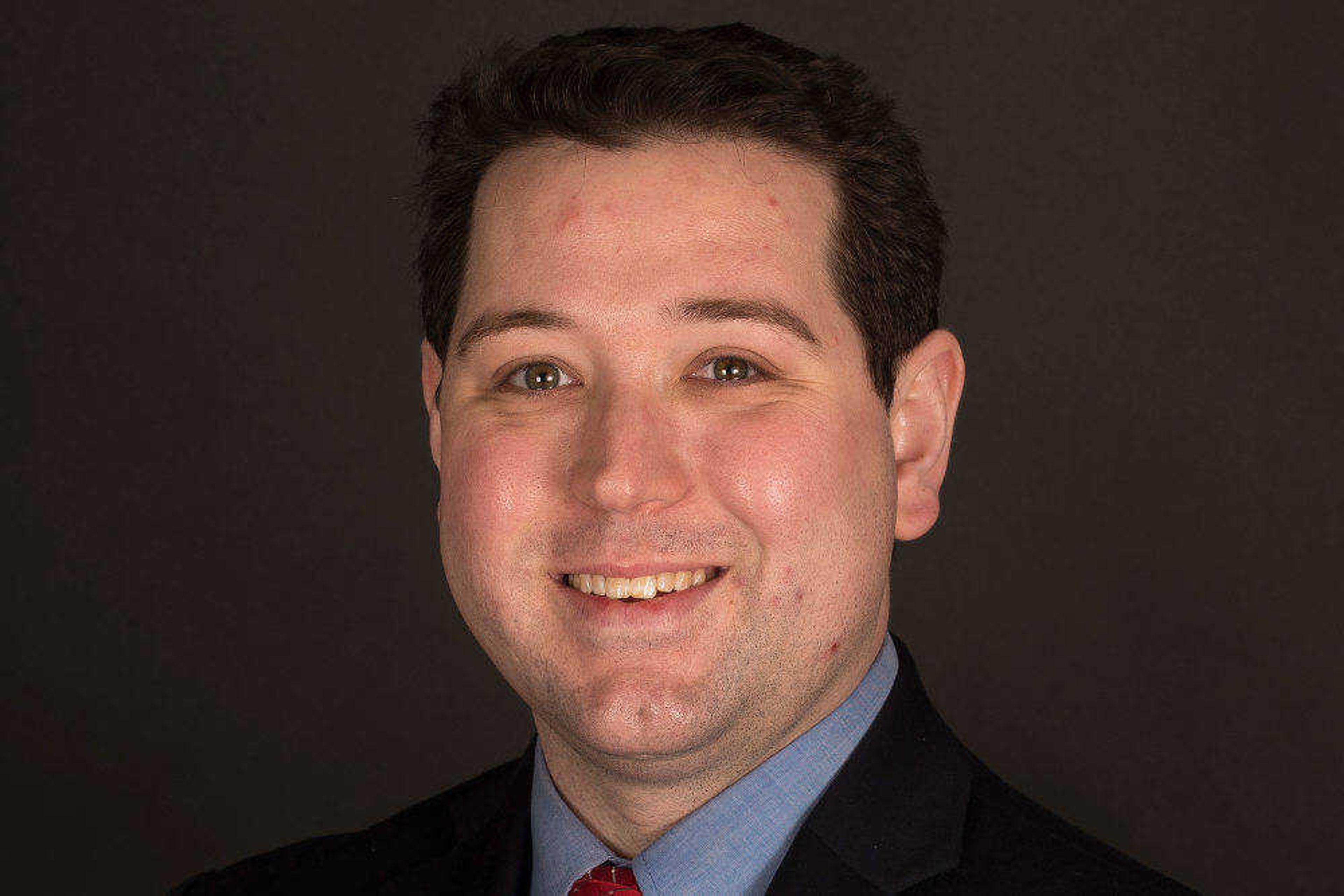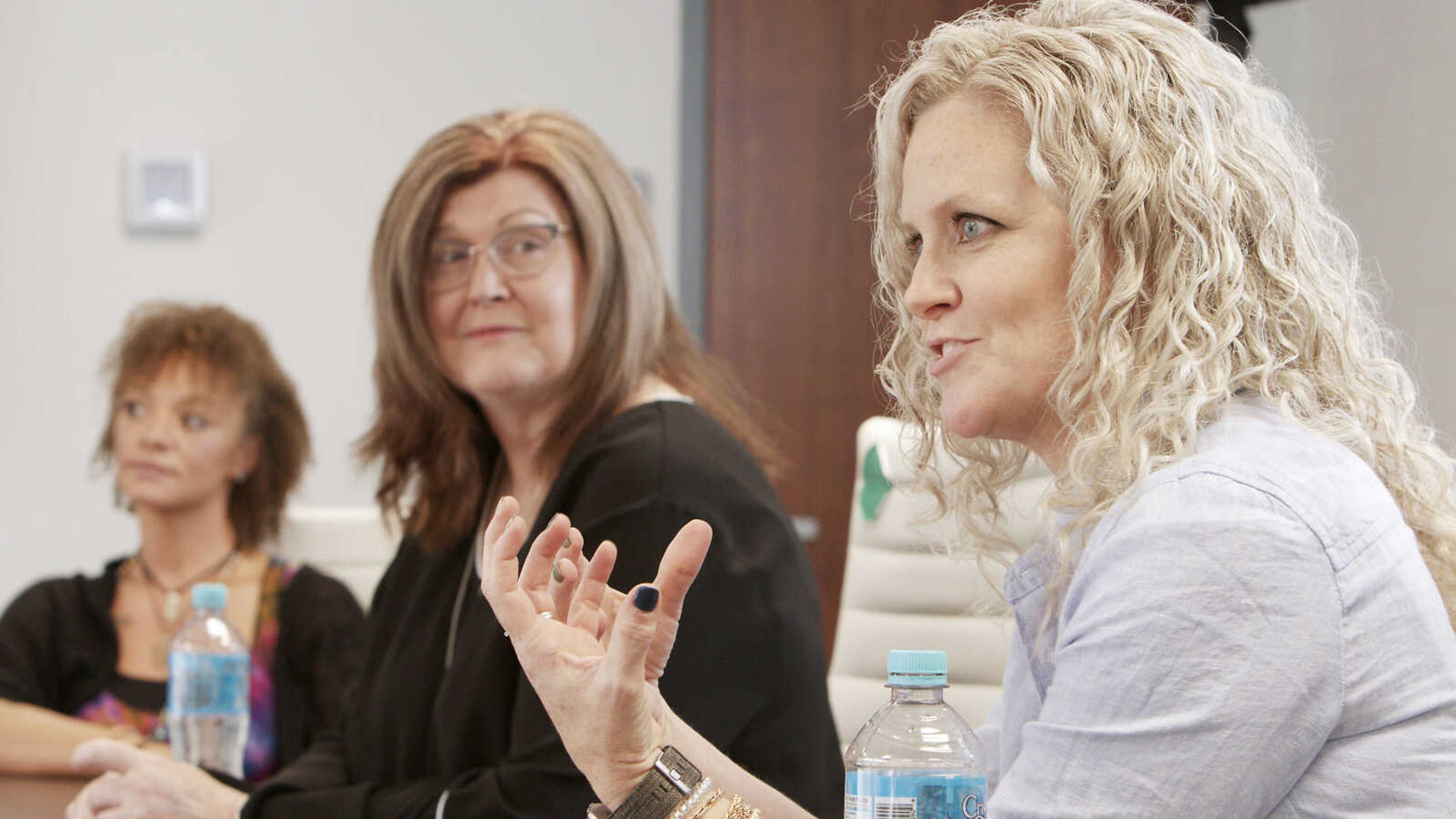The rise in female entrepreneurs: Business lessons from 5 entrepreneurs [video included]
More women are turning to entrepreneurship, according to a 2018 report that looked at the rise in female entrepreneurs. The "State of Women-Owned Businesses Report," commissioned by American Express, says between 1972 and 2018, women-owned businesses increased from 402,000 firms in 1972 to 12.3 million in 2018...
More women are turning to entrepreneurship, according to a 2018 report that looked at the rise in female entrepreneurs.
The "State of Women-Owned Businesses Report," commissioned by American Express, says between 1972 and 2018, women-owned businesses increased from 402,000 firms in 1972 to 12.3 million in 2018.
There are universal challenges all entrepreneurs face, regardless of gender. But there are also some unique challenges that women face, according to a group of local women entrepreneurs.
B Magazine recently spoke with five women at different points on the business timeline about how they got started, what they wish they knew before they started, and what challenges they have faced professionally.
Stacy Busch-Heisserer
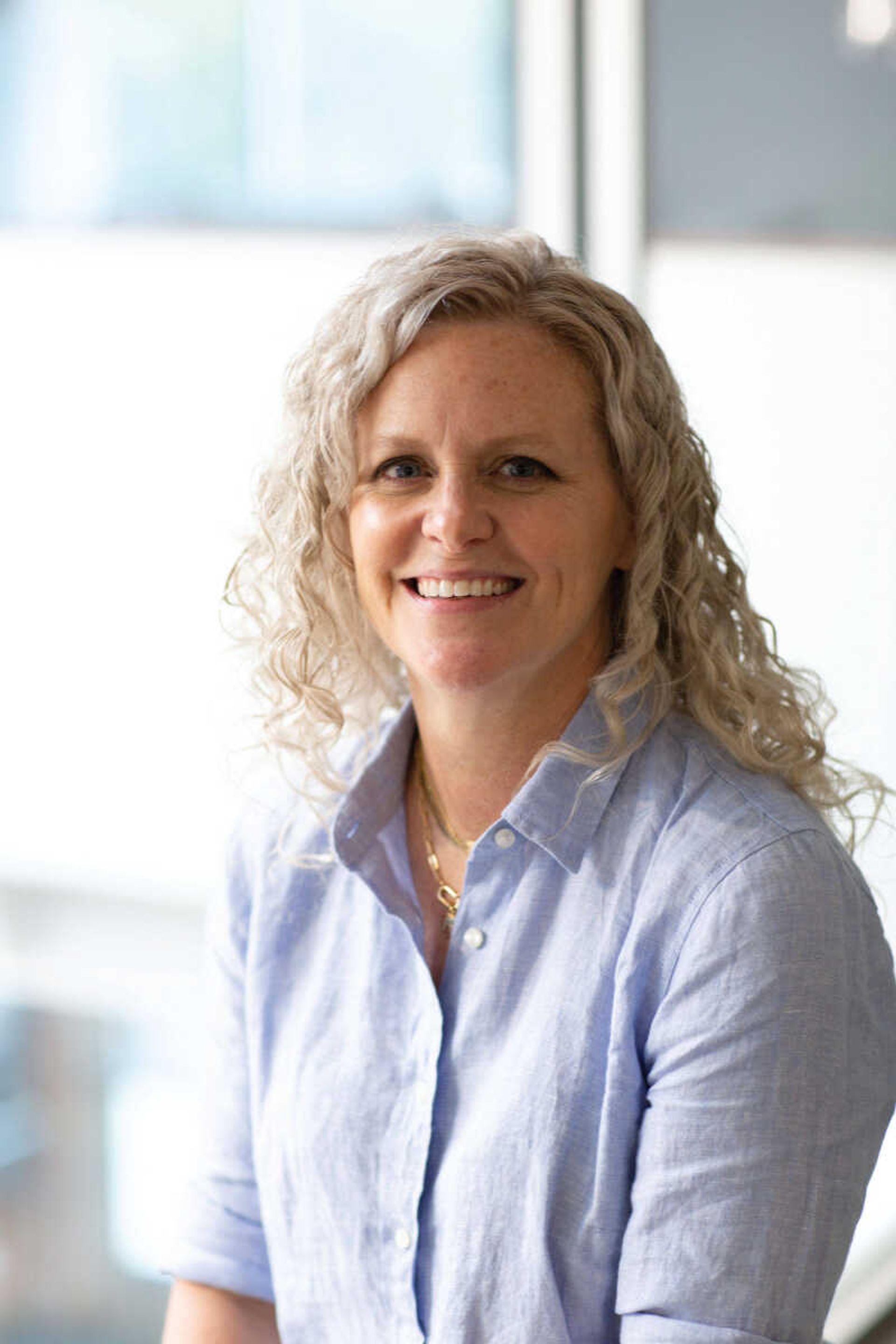
Stacy Busch-Heisserer grew up in the pet industry. Her parents were professional dog handlers and ran a boarding kennel.
Today, she is the owner of Busch Pet Products & Care and Deer Creek Doggie Day Camp.
"I actually had the idea when I was pet-sitting to open an online store," Busch-Heisserer told B Magazine. "At the time, it wasn't so easy to build an online store. So I had to contact somebody and get a developer, and it was just a nightmare."
She took out a bank loan to get started, but the entire process to launch a website was labor intensive.
"I just thought that the minute it popped up, people would start shopping off of it," she said. "I had no idea that it was just going to sit there and you know, I'd get like one order a month or whatever."
She later started selling dog food produced by a woman in Jackson. Busch-Heisserer travelled to different pet stores, including some in St. Louis, who encouraged her to start her own bricks and mortar location in Cape Girardeau.
"They kept saying to me, 'You have to open a store. If you don't open a store, you're making the biggest mistake of your life.' I had never done anything like that before," she said. "I listened to them and opened a store. I just flew blind, and 10 years later we're still going strong."
Carolyn Sandgren (Kempf)
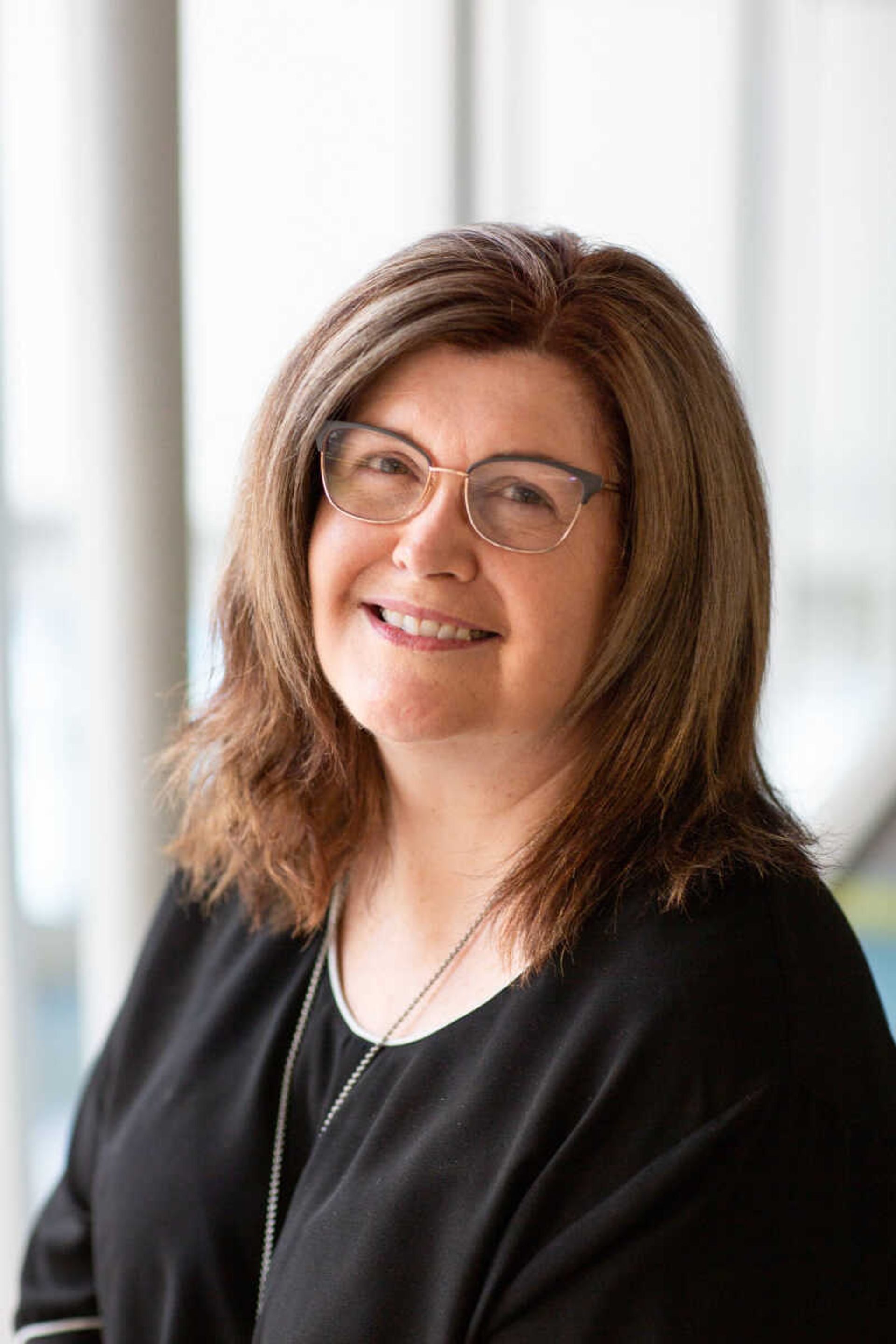
Carolyn Sandgren (Kempf) is originally from Portland, Oregon. With a degree in hospitality and tourism, she started working for Hilton Hotels in Portland followed by a stint at the Adolphus Hotel in Dallas, where she also studied for a theology degree. She later met someone from and moved to Cape Girardeau in 1990.
"I went from a large metropolis to at that point, you know, Cape was a pretty boutique area," she said. "And I couldn't find a job in my industry."
After first working at a small travel agency, she started her own in 1992 -- Elite Travel & Cruise, Inc. -- and said Cape Girardeau is a wonderful town to have a small business.
Leni Lambdin, CPA
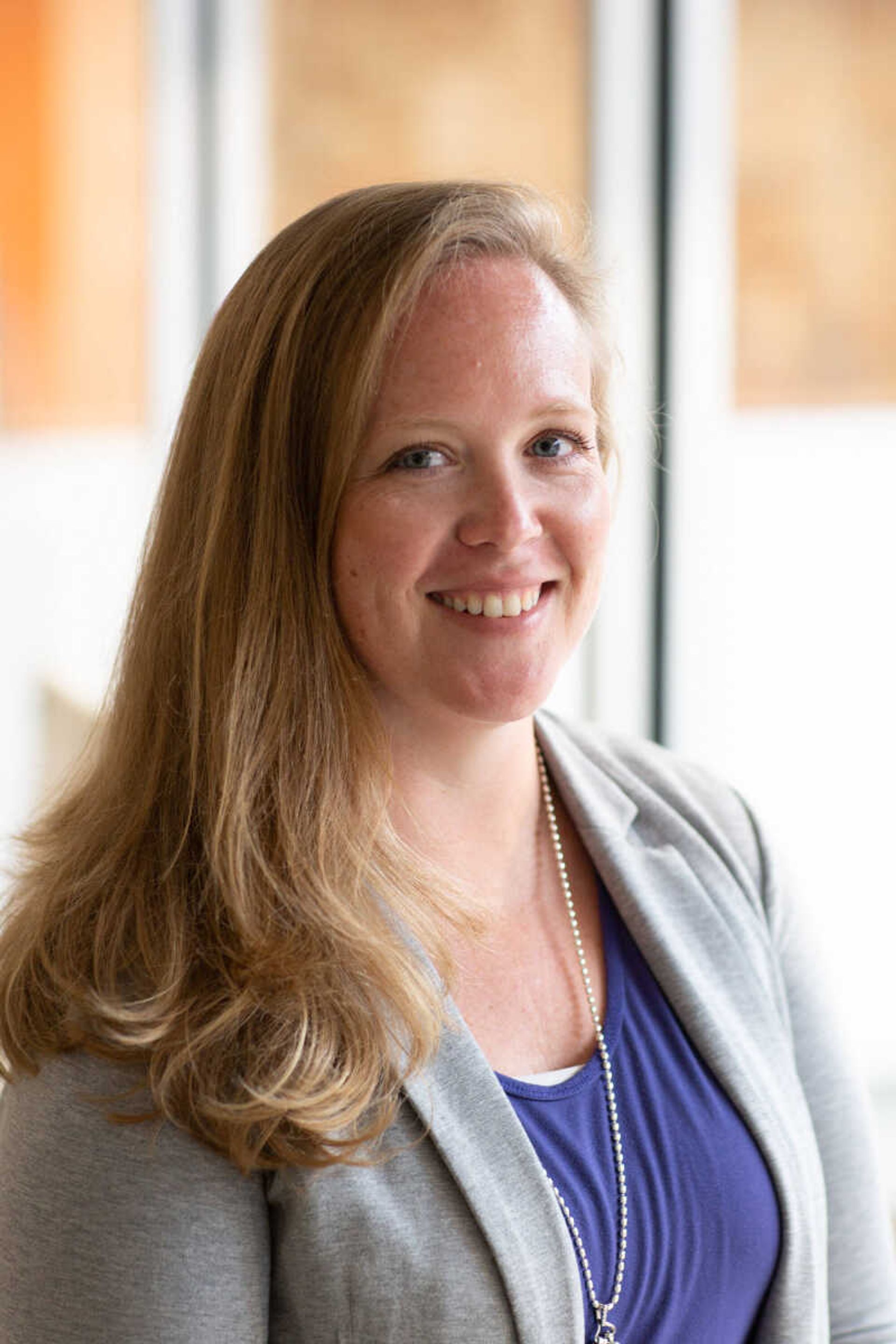
After graduating from Southeast Missouri State University with a degree in accounting, Leni Lamdin started a career in private accounting while preparing to take the CPA exam.
She liked the puzzle of doing taxes and helping people "clean up their books."
One of her early jobs required part secretarial work and part accounting. After working her way up, Lamdin was approached by a woman in Illinois who was looking to bring on another accountant. In January of this year, after five years at the firm, Lambdin became a partner at Parrish and Lambdin, LLC. She also serves as president of Union County Women in Business.
Nicolette (Nico) Husk
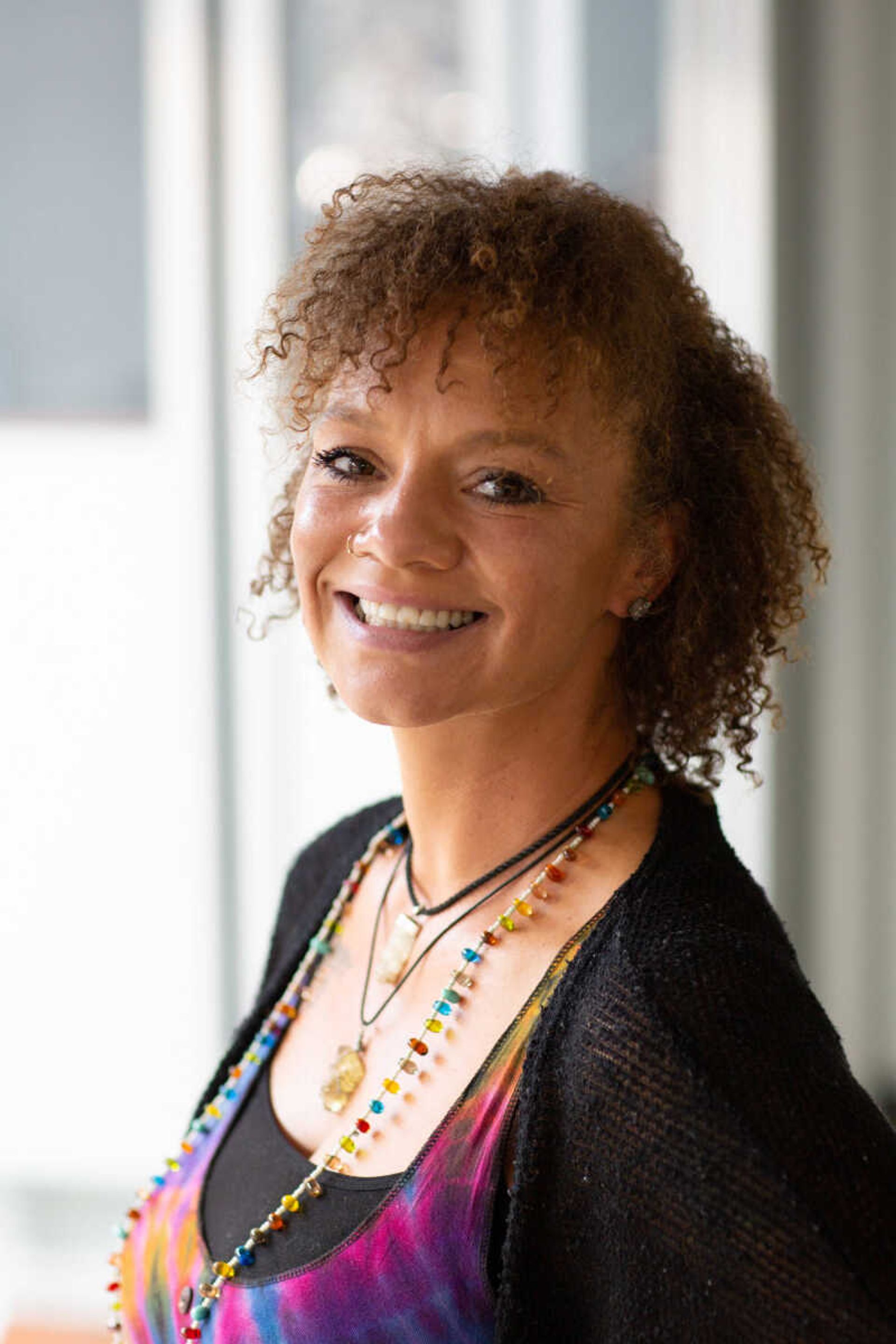
Of the five women interviewed for this story, Nicolette Husk was the newest entrepreneur.
While she technically began several years ago, it wasn't until recently that she placed more focus on her Etsy-based business, Soulwork by Nico, where she sells jewelry and feather earrings.
Dr. Quantella Noto
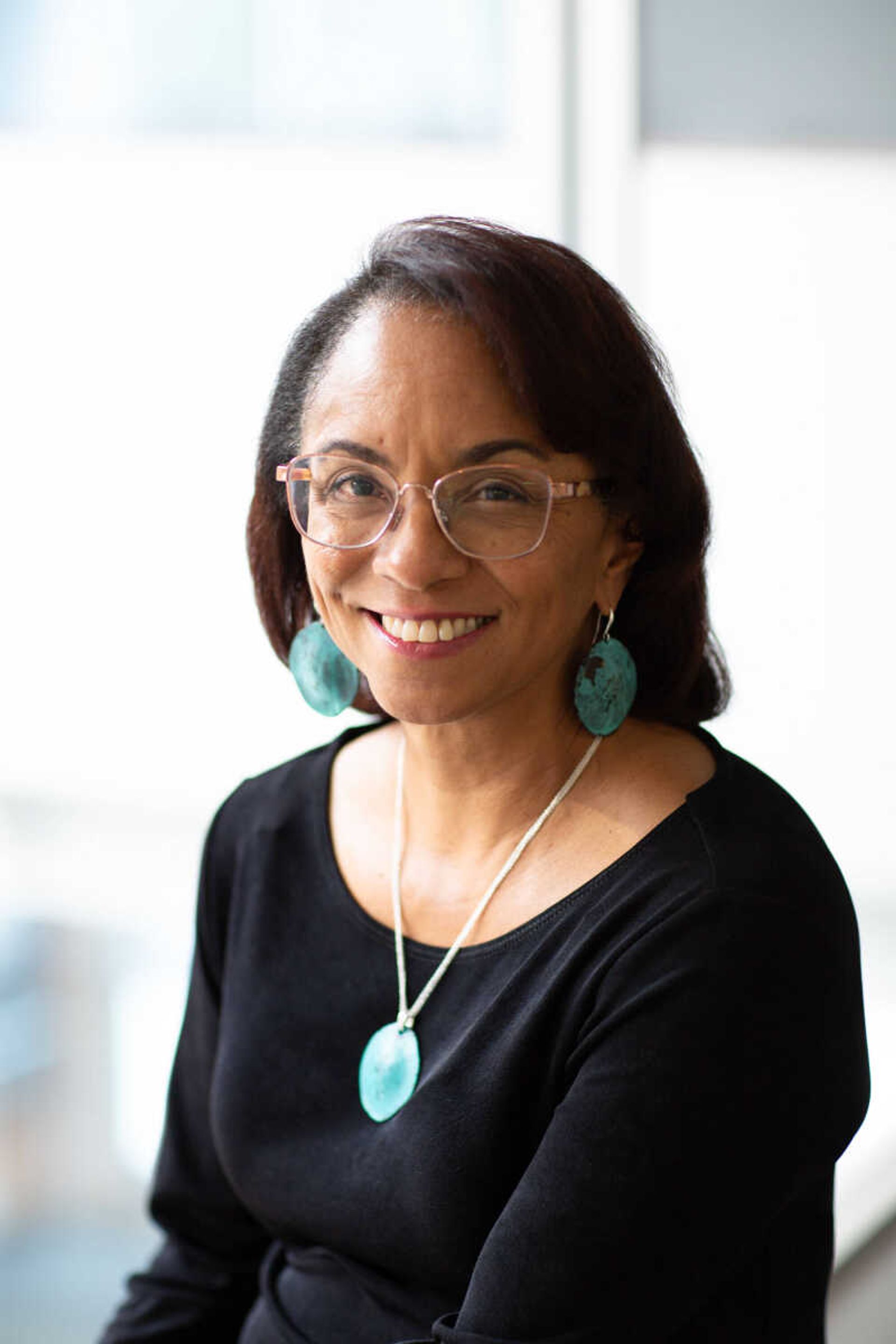
Dr. Quantella Noto, associate professor of hospitality management at Southeast Missouri State University, has taken traditional college instruction into a new direction with her version of experiential learning.
Hawk Sauce is a product that started as a class project but has since become a viable operation that provides her students a real-world business experience.
Branded around the university's Redhawk mascot, students created a hot sauce project made from Fresno chili peppers. Noto took the students through each step of the process from perfecting the recipe to proper nutrition labeling and even going through the process of getting licensing rights from the university athletics department.
Getting started
For all five ladies, starting or attaining equity in their business didn't start with a stockpile of cash or extensive line of credit. It looked more like sweat equity with long hours and, in some cases, not taking a paycheck during the early years.
Busch-Heisserer was six months pregnant when she launched her then-700-square-foot retail location. Her son is now 10 years old, but she jokingly refers to the store as her first child. She even stopped by the business on her way home from the hospital after she gave birth.
What started as a website with rhinestone collars and T-shirts has become a full service pet store that includes a mixture of products and services as trends have changed.
Nicolette Husk said she's at the beginning stages, trying to make her vision a successful enterprise. Even steps as small as labels for her skin care products have produced lessons in failure when the size of her labels she thought were the correct size turned out to be too big when produced.
But a reoccurring theme in the discussion was failure can be good if something is learned.
Busch-Heisserer said she's learned that just because she likes something, doesn't mean it will sell in her retail store.
"I just thought, 'Oh, this is so cute. I can't wait to bring this in.' And then it just bombs. But I have learned over the years to kind of feel out your customer base and your community, and I've made better choices when it comes to that kind of thing. And you're not going to always be 100% on what you bring in. I can't sell a $90 life jacket for a dog in Cape Girardeau. But I could find a good quality version for $60. And those did pretty well this year. So you kind of have to adapt a little bit."
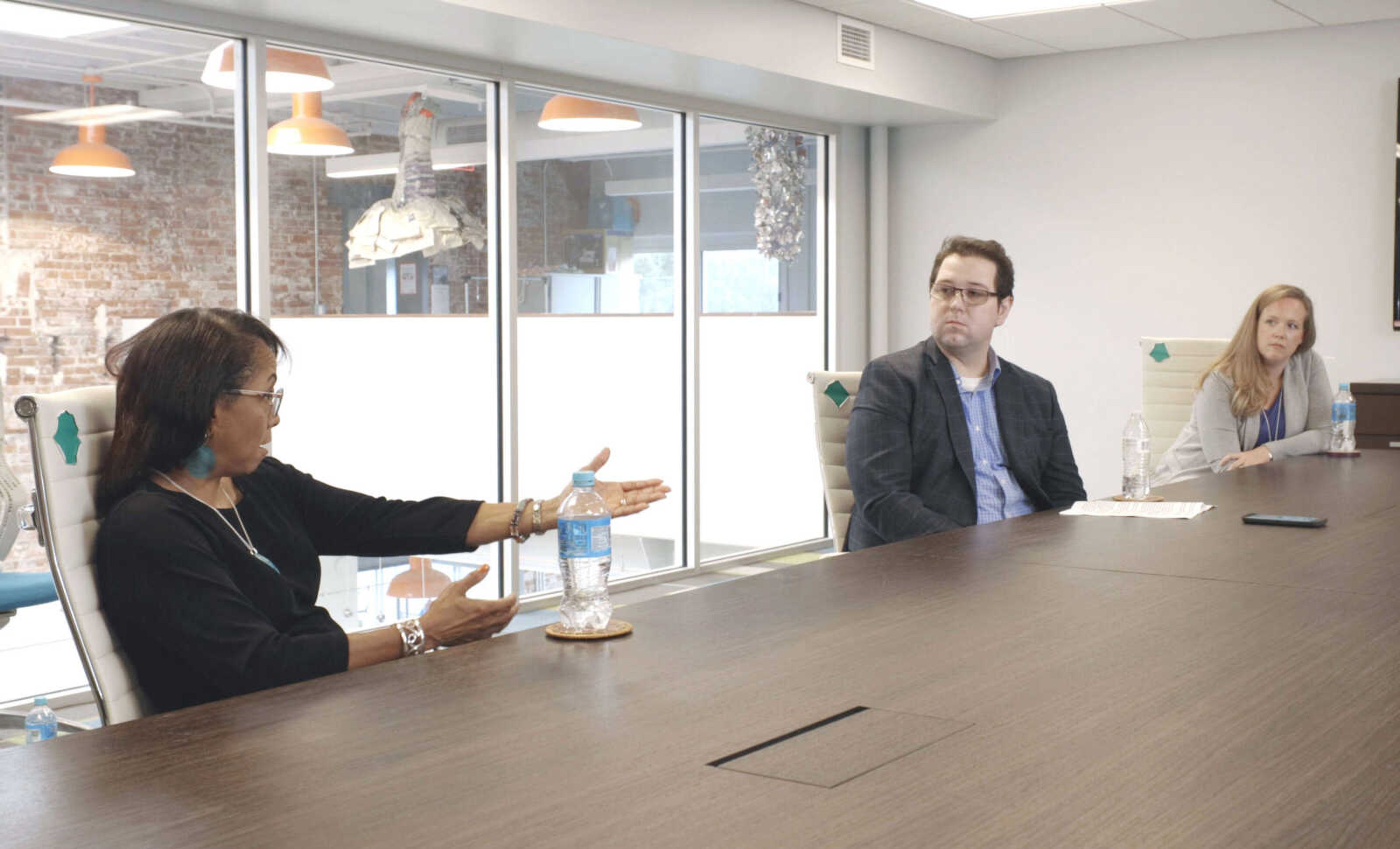
If I'd only known ...
Starting and running a business doesn't come with a perfect check list. Busch-Heisserer said one of the things she wished she would have known before starting her business was the number of forms necessary to complete. An English major in college, her business background was limited.
"I really had no business background, but no one held my hand and showed me what I needed to do," she said.
Sandgren (Kempf) is not a fan of partnerships, preferring to keep as much ownership in your company as possible.
"I think you surround yourself with great talent, but I don't believe partnerships in the long run usually work out, not very often," she said. "So I would say not that you go it alone but that you have the most ownership in your company or the most vision."
Lambdin did just the opposite by becoming a partner in an accounting firm this year. But she said it's important to make sure partners work well together before joining forces.
Sandgren (Kempf) added that having the support of your spouse, if married, is important. And if you're looking to marry, make sure you are both on the same page before exchanging vows.
Before entering academia, Noto and her husband operated a restaurant. She said people have asked her what it takes to start a business. Her answer: Money and stamina.
"You just got to have some foundation and figure out where the money is coming from," she said. "And be comfortable with that. And you need a lot of energy. You're just not going to sleep. It takes a lot of that."
Are women intimidated of business?
Noto said some women are intimidated by business.
"I think they're often looking for the balance, maybe weren't raised in a way that lends them well to business," she said. "I've had females tell me, 'Well, being in business requires me to be confrontational, or to have negative conversations, or to deal with unhappy customers.'"
Ultimately, she said, it's about having confidence and proceeding in areas of strength while seeking support elsewhere.
Confidence or a willingness to exert authority sometimes comes with unflattering titles, several of the women noted.
Noto said this is a topic she addresses in class. But the bottom line, she says, "Get past those titles."
The full interview is available to watch on the B Magazine Facebook page. The women spoke in more detail about the challenges of being a female entrepreneur, learning from mistakes and why failure can be a good thing, and sharing what they wish they would have known about business before launching their careers. There is also a longer discussion on Hawk Sauce, the product launched and managed by Dr. Noto and her students.
Connect with the Southeast Missourian Newsroom:
For corrections to this story or other insights for the editor, click here. To submit a letter to the editor, click here. To learn about the Southeast Missourian’s AI Policy, click here.

